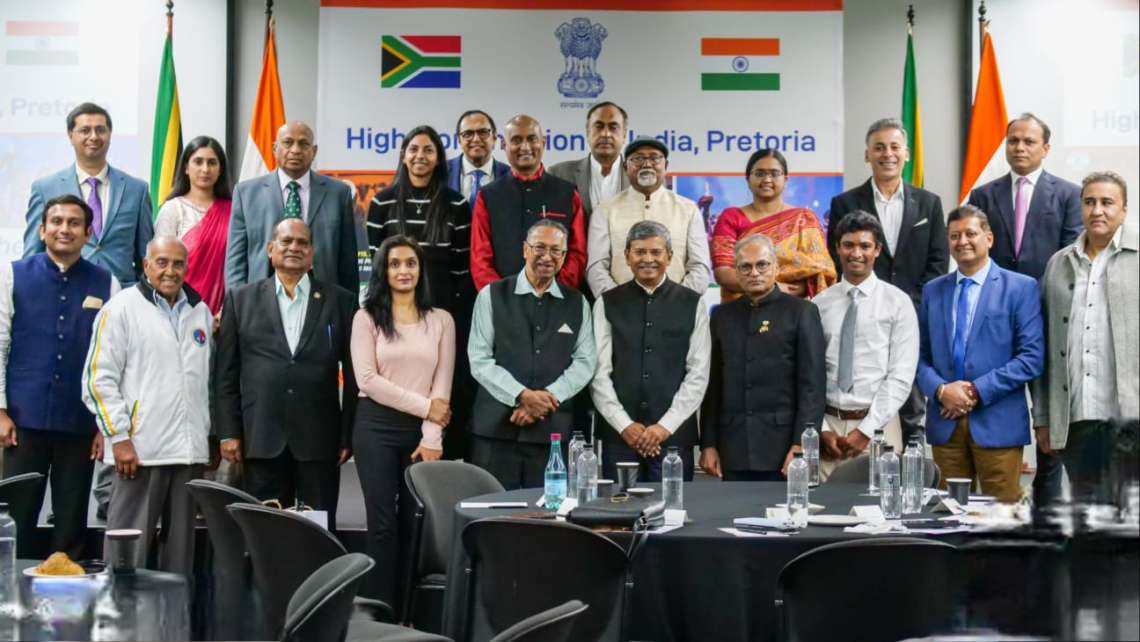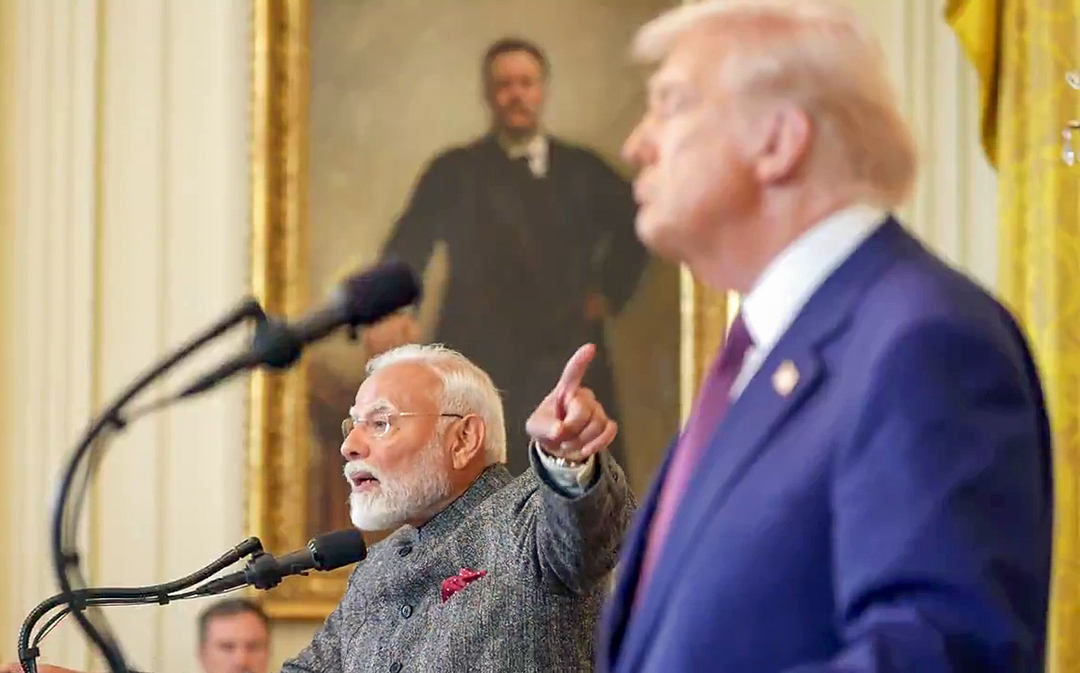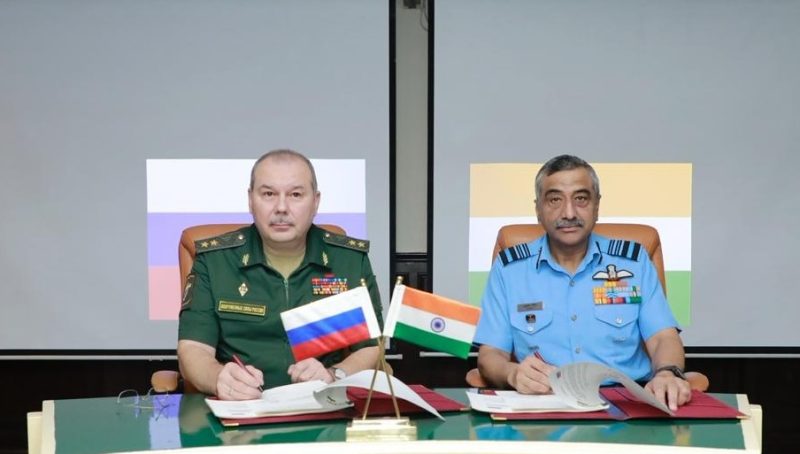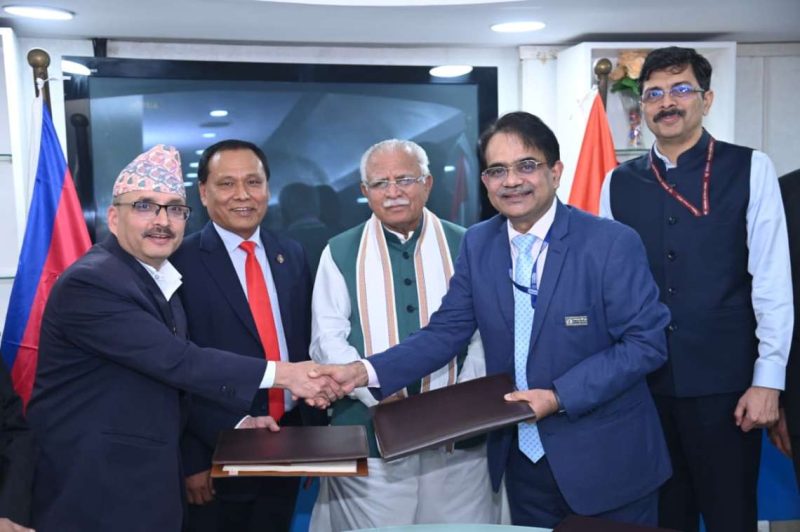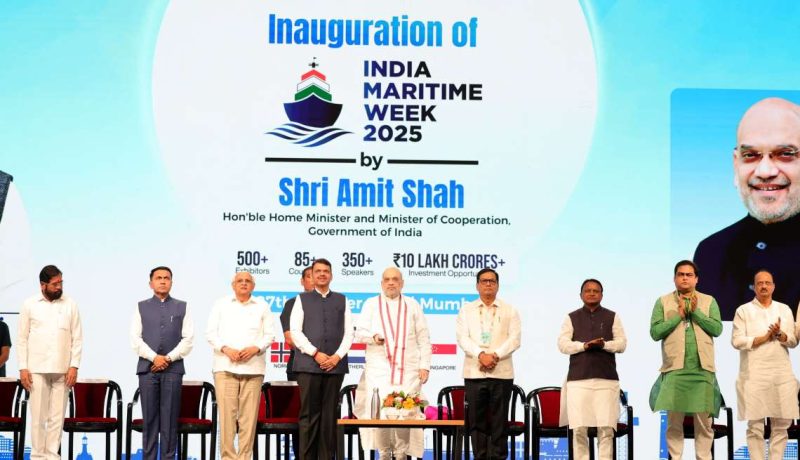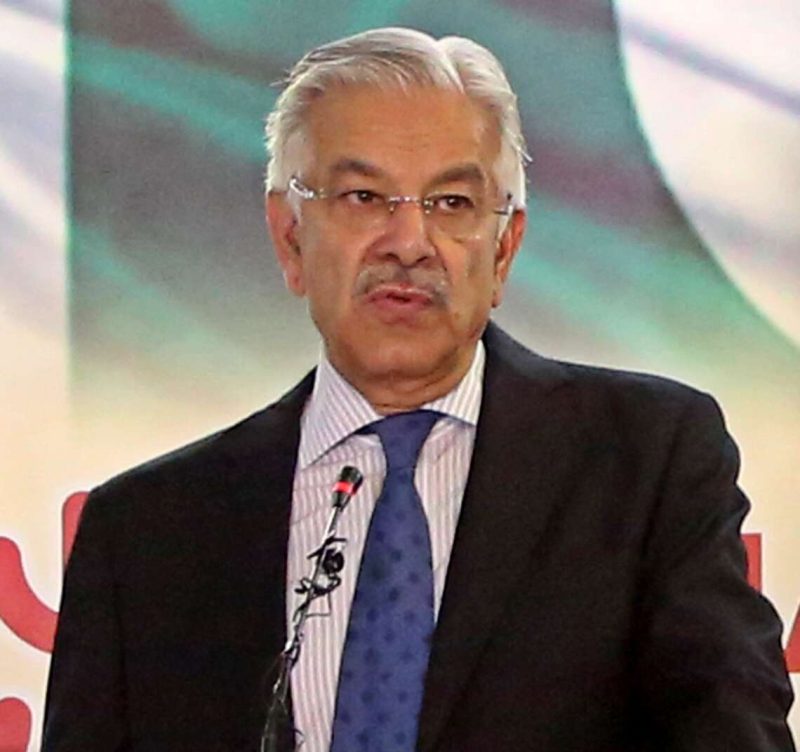Hosted by the Indian High Commission, the gathering marked a fresh initiative to celebrate the contributions of the Indian community to South Africa’s democratic and cultural life
More than a dozen prominent South African figures from politics, health, business, sport and civil society have come together to share their experiences and explore avenues for greater cooperation with India at the inaugural PIO (Persons of Indian Origin) Connect event in Pretoria.
Hosted by the Indian High Commission on Monday, the gathering marked a fresh initiative to celebrate the contributions of the Indian community to South Africa’s democratic and cultural life, while strengthening links with the land of their ancestors.
High Commissioner Prabhat Kumar said the event was the first of several planned across the country and underlined its central purpose: “to celebrate the remarkable role that the Indian community has played in building the new South Africa”.
The evening began with the felicitation of two South Africans who have been recipients of India’s highest award for overseas Indians, the Pravasi Bhartiya Samman. Veteran anti-apartheid activist Prema Naidoo and Durban community leader Mohan Hira were recognised for their lifelong service. The award is conferred every two years on 9 January, the day Mahatma Gandhi returned to India from South Africa in 1915.
Panel discussions that followed ranged widely in subject – from healthcare and economic collaboration to cinema, sport and Gandhi’s enduring legacy.
Delivering the keynote address, Poobalan ‘Les’ Govender, Deputy Chairperson of South Africa’s National Council of Provinces, underscored the community’s significant contribution to national life. He recalled how people of Indian origin, despite being a small minority, had risen to some of the highest positions in government.
“South Africa has seen several of our leaders play pivotal roles,” Govender said. “Narend Singh is Deputy Minister of Forestry, Fisheries and the Environment, and Ashor Sarupen is one of the two Deputy Ministers of Finance in the Government of National Unity formed in July this year under President Cyril Ramaphosa. I am proud to be the first person of Indian origin to serve in the Council myself.”
He added that “the history of South Africa would be incomplete without recognising the role that the Indian community has played” and called for even deeper ties between New Delhi and Pretoria.
Govender urged both governments to focus on innovation and youth empowerment, pointing out that many young South Africans of Indian descent “see themselves as inheritors of a rich legacy” but need greater institutional support. He also pressed New Delhi to simplify procedures for South Africans applying for Overseas Citizenship of India (OCI) cards, particularly in cases where documentation of ancestral birth records proves challenging.
From the field of healthcare, Dr Anban Pillay, Deputy Director General of the Department of Health, reflected on South Africa’s past collaboration with India. He said cooperation had been particularly effective during the era of the IBSA grouping (India-Brazil-South Africa), though he suggested momentum had slowed under the BRICS framework. Pillay praised India’s role during the COVID-19 pandemic, recalling that the country supplied vaccines at a time when wealthier nations were accused of hoarding doses. “Somehow, we were not able to preserve the IBA relationship,” he remarked, suggesting a renewed focus on trilateral or bilateral cooperation could yield results.
David Gengan, Chairperson of the Pietermaritzburg Gandhi Foundation, reminded participants of Gandhi’s profound impact not only on South Africa but also on global leaders such as Nelson Mandela and Martin Luther King Jr. “Gandhi was able to transcend religious and language barriers,” Gengan said. “South Africa is fortunate it never had a religious struggle, and Gandhi set the tone for that.”
Other speakers highlighted both opportunities and challenges in the India–South Africa partnership. Amith Singh of Nedbank called for collaboration to extend beyond the well-trodden IT sector, while Kavim Ragbir, head of Dabur South Africa, pointed to economic constraints. He said high labour costs in South Africa made local manufacturing less competitive compared with India, underscoring the need for creative solutions in trade and investment.
The event also provided a platform for athletes of Indian origin. Professional cricketer Rasika Maharaj highlighted the difficulties faced by Indian-origin women players under Cricket South Africa’s race-based quota system. Golfer Dylan Naidoo, by contrast, struck an optimistic note, sharing his pride in becoming the first player of Indian origin to win the prestigious South African Open Championship.
Speakers agreed that while the Indian diaspora in South Africa is relatively small – less than three per cent of the population – its historical contributions and present-day achievements are disproportionately large. From the anti-apartheid struggle to the spheres of politics, business and culture, the community has long served as a bridge between the two nations.
The PIO Connect initiative, High Commissioner Kumar said, would be taken to other South African cities in the coming months to ensure broader participation. The aim, he stressed, is not only to honour past achievements but also to encourage future generations to strengthen India–South Africa ties across every sector.
As the discussions concluded, there was a consensus that the two countries share a unique history – linked by Gandhi, deepened by the fight for democracy, and strengthened through decades of cooperation. What remains, participants said, is to build on this foundation with a renewed sense of purpose, particularly in empowering youth, fostering innovation, and expanding trade and cultural exchanges.


